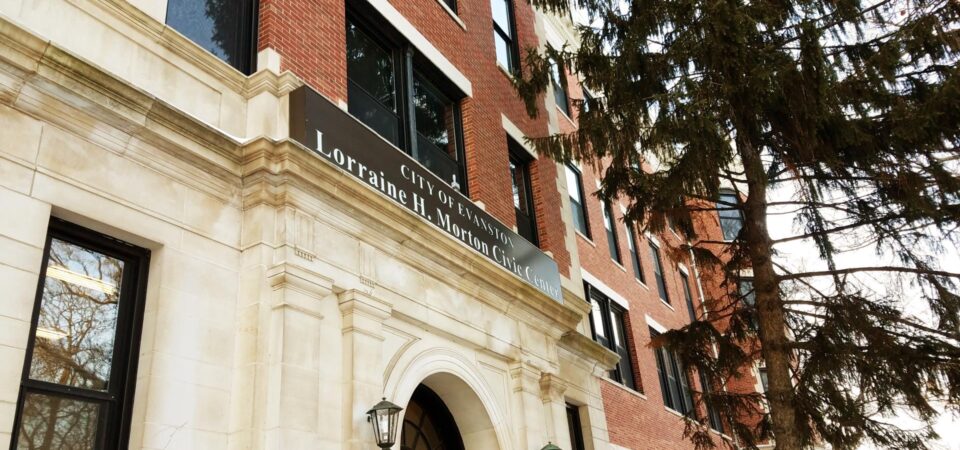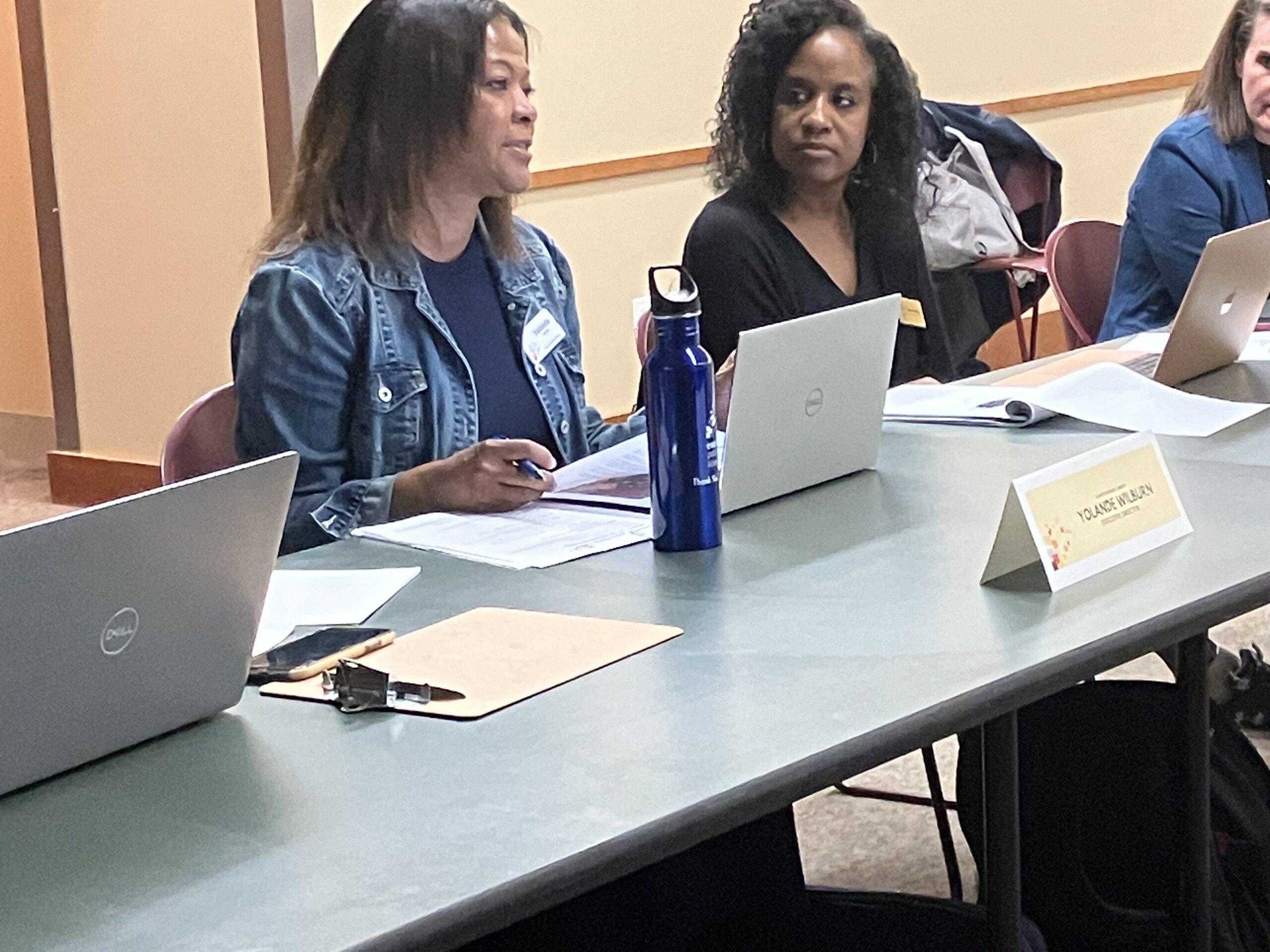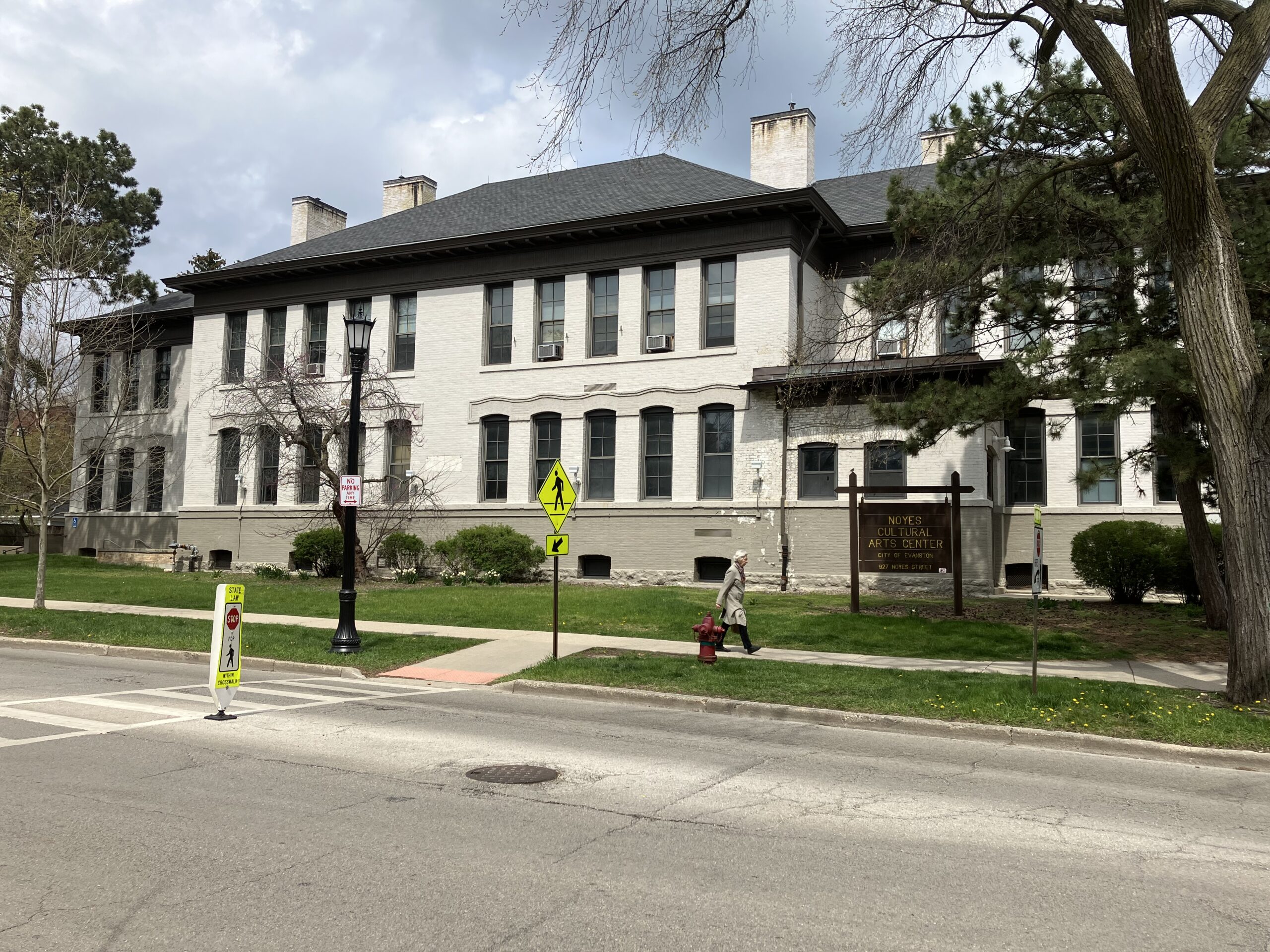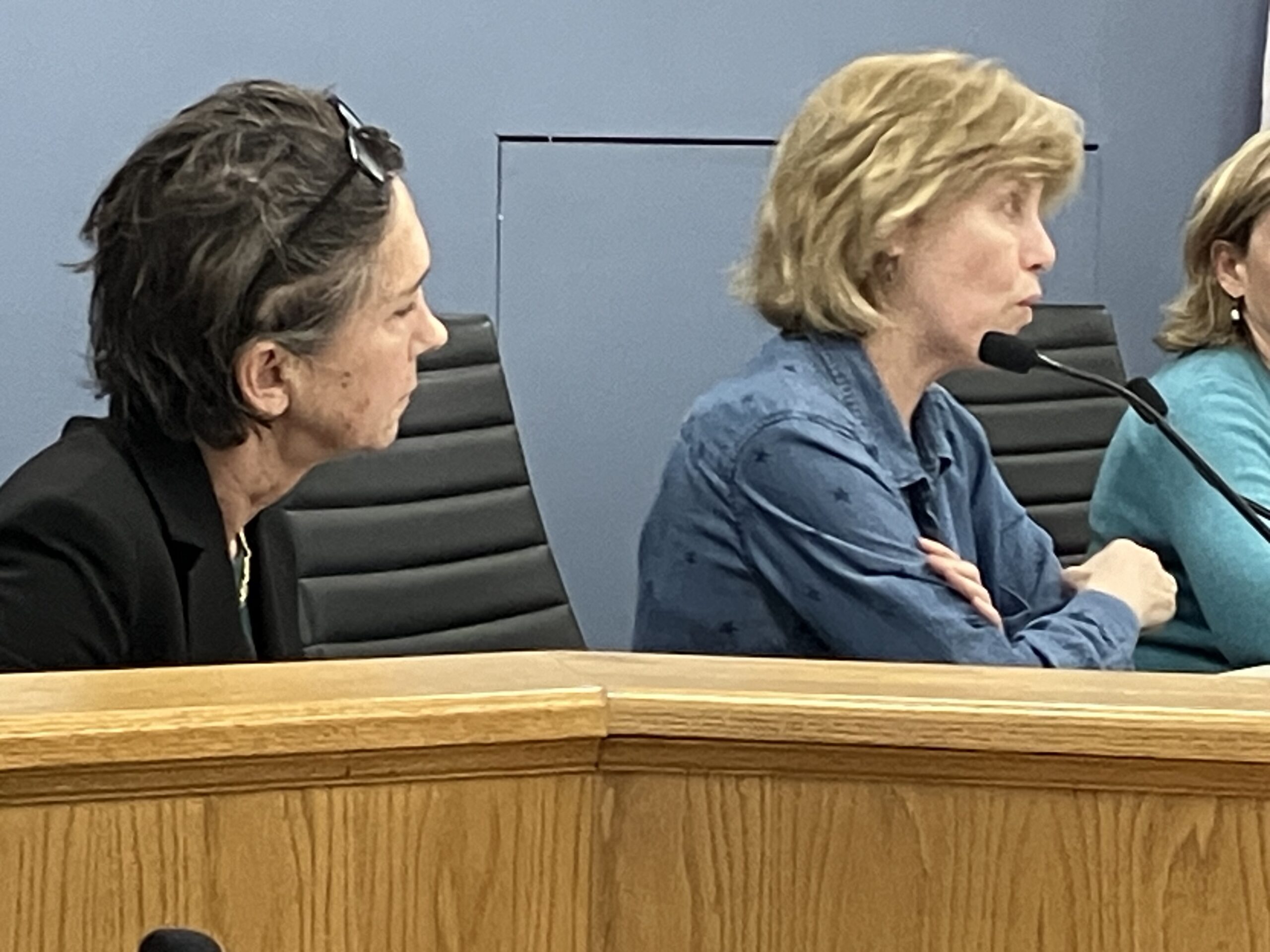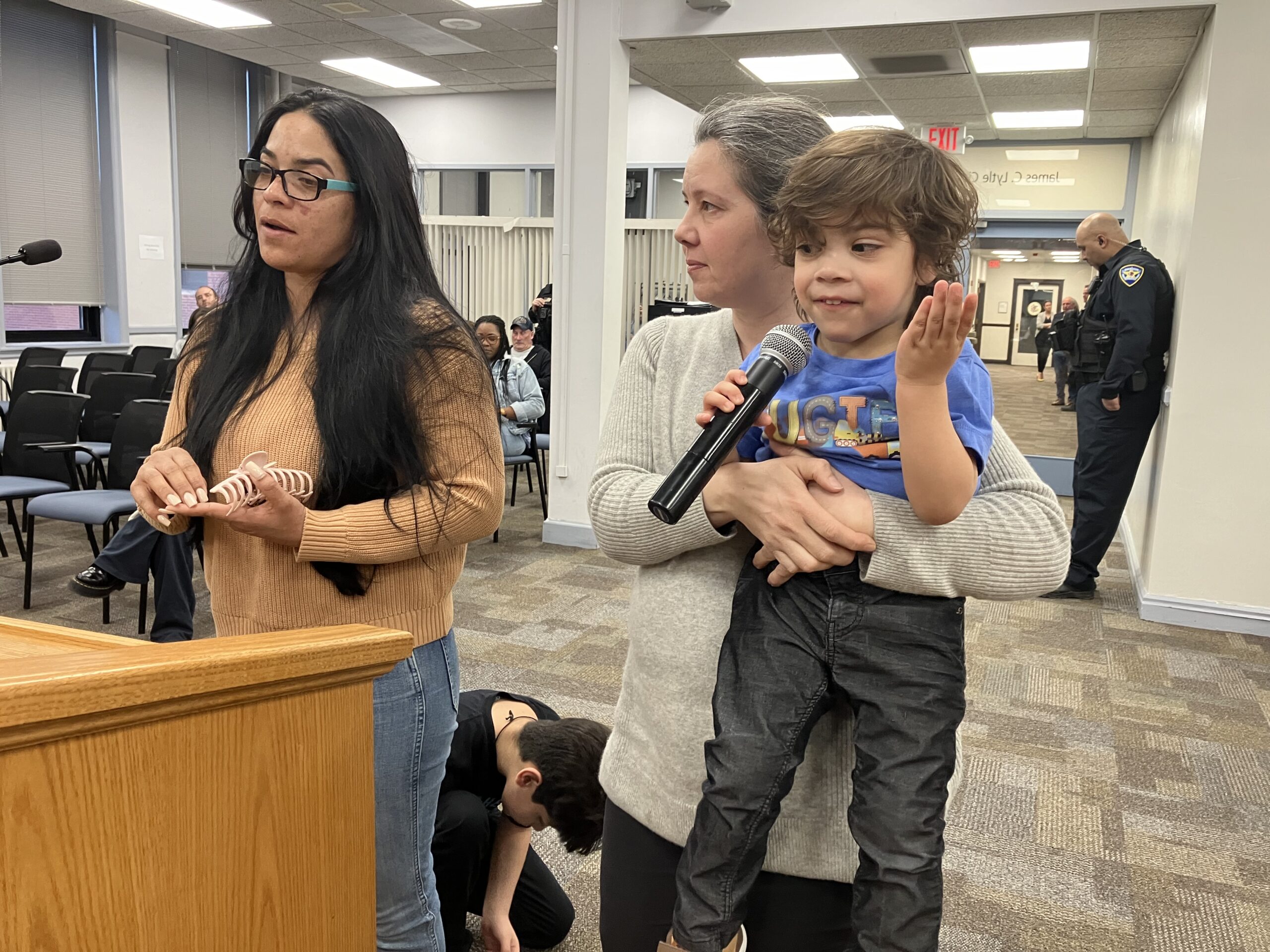By Bob Seidenberg
As far back as 2009, Evanston City Council members considered opening the door to legalized video gaming terminals in establishments but closed it quickly.
But that attitude might not prevail today. Members of the City Council’s Human Services Committee voted 3-2 at their May 1 meeting in support of Council member Devon Reid’s call for changes to the city’s gambling ordinance.
Under the proposal, staff would bring back their findings to the committee in three months.
Voting in favor were Reid, Juan Geracaris, 9th, and Bobby Burns 5th.
Voting no were Kristian Harris, 5th, and Eleanor Revelle, 7th.
Need law that ‘aligns with the world as it is today’: Reid
In making the proposal, Council member Reid, 8th, said one of the driving forces behind his proposal was “making sure that city code aligns with the world as it is today and with our values as they are today.
Reid, who said he personally dislikes gambling, raised concern that police, in having to enforce gambling, as the code is currently written, “is potentially putting our city at liability, legal liability, and missing an opportunity to make sure that we are not over policing certain communities.”
Beyond that, he noted, “this (gambling) is potentially a good source of revenue for the city. You know, our dollars are potentially leaving Evanston or certainly leaving Evanston because we don’t have this and we could keep more of the money local.”
He said the change could potentially benefit both businesses who choose to install gaming machines as well as the city, generating revenue through sales tax and gambling taxes.
He further noted that, “gambling is legal here,” and “you’re allowed to gamble under state law. Certainly it is regulated under state law and I think we need to more closely mirror state law on the on this issue.”
He said the law is badly in need of an update from when it was written in the 1950s.
As the law currently written, Reid told Committee members, if he were to download the application for Draft Kings, a sports gambling site, on his cell phone, “the Evanston Police Department would be able to confiscate my phone and place me under arrest.”
Ninth Ward Alderperson Juan Geracaris, chairing the meeting, expressed support for moving forward on the proposal.
“I’ve spoken with a number of residents who are in favor of of kind of loosening our code around gambling, just specifically for small businesses,” he said, “and this (the proposal) is like a first step.”
Council member Eleanor Revelle, 7th, asked about a statement from the Evanston Police Department in staff’s memo on the issue.
The statement reported that the department “does not object to licensed sports betting and other forms of gambling via the internet including through mobile applications except by any person under the age of 21 years old. The Evanston Police Department (EPD) does not recommend modifying the Code to make a distinction between gambling on private and public property.”
Revelle asked Evanston Police Commander Ryan Glew, at the meeting, how often the department actually enforces the ordinance..
“We have not had a gambling arrest in approximately ten years,” Glew replaced.
Enforcing the gambling ordinance, he said, was something that took place a couple of generations ago, “but not a recent problem.”
Clarifying the department’s point of view as stated in the memo, Glew told Committee members that the position of EPD is “that any language that would result in privatized gambling that was outside of regulation or oversight” would be something that the department would be concerned about.
“I think we’re standing relatively silent on a lot of what’s here,” he said of the issue in front of the committee, “taking the lead from the legal department and other regulatory agencies.”
“However, language changes that are going to let gambling potentially evolve and grow without regulation or the appropriate amount of oversight,” he said, could cause concern “because that could lead to quality of life issues in certain areas, other crimes or so on so forth.”
Revelle noted the ordinance as it is currently is quite lengthy, with just one section of it addressing video gaming.
“So if if the goal here is to pave the way for video gaming, couldn’t we merely focus on that piece of the ordinance? I guess I’m reluctant to have to ask staff to spend a lot of time trying to rework what is a pretty lengthy, detailed ordinance,” she said.
Reid said he was “fully on board” addressing some of the concerns raised in Glew’s perspective.
“I think we need to make sure that gambling establishments are regulated,” he said. “I don’t think it makes sense to Willy or Nilly to (allow people) to create a gambling establishment in their home. And so there needs to be strict regulation where this can and cannot take place. But he also highlighted the need for changes in how the ordinance is currently written.
Ordinance violations carry fines of not less than $200 and not more than $500 for each offense, he noted.
He said as currently written the ordinance leaves open what couldn’t have been contemplated in 1957, such as cell phones and other devices where people can gamble where people can gamble, including “the legal machines that we would potentially want to see in our city.”
He said the ordinance also doesn’t take into account that certain forms of gambling that qualify “as more of a cultural pastime in certain communities.
“And you know, I don’t think we should have in our code something that criminalizes something that potentially is innocent,” he said.
2009 proposal for video gaming terminals never made it out of committee
Legalizing gambling has surfaced occasionally in Council member’s discussions, dating back over a decade, particularly during times when the city was strapped for revenue.
In 2009, Council members on the city’s Rules Committee voted 8-1 against the prospect of allowing video gaming terminals in local bars or restaurants.
Summing up the action, then Mayor Elizabeth Tisdahl commented “I don’t think we would be making that much money from it, and I understand the consequences are devastating.”
Alderman Ann Rainey, 8th Ward, was the lone council member at the time to vote against, maintaining officials should at least get comment from members of the business community.
As for social consequences, she maintained it was hypocritical for city officials to say, “We trust you in the service of alcohol in the city of Evanston to people 21 and over, but we don’t trust you with five video poker machines, if you want them.”
‘Guardrails and proactive supports’
During the public comment portion of the May 1 meeting, several residents, including former Ridgeville Park Commissioners Dan Coyne and Rob Bady, spoke in support of the Council moving forward on the issue.
“Thank you for engaging this conversation on what I think is a potential resource not only for our small businesses, but also for our city budget.”
“I understand the hesitancy,” he said, “given the historical addictions and corruption in this particular field. But as in all new legal endeavors, one can envision oversight guardrails and proactive supports.”
“Why send Evanston dollars into other communities when we could invest right here, for instance at the Firehouse Grill, and Bluestone.”
Bady prefaced his remarks, noting he works as a sales rep for Eureka Entertainment which owns the Universal Gaming Group, a leading operator of video gaming terminals in Illinois.
He told Committee members that he had spoken about the issue with Patrick Fowler, owner of the two restaurants mentioned by Coyne, “and we decided it was time to bring the conversation to the committee, bring it to the Council and the city.”
Fowler, he noted, employs about 103 people in Evanston, and was the only business owner to add to his business during Covid.
“He is an Evanstonian and has helped out many nonprofits,” he said.
Bady spoke of the gambling outlets already available.
“You can gamble on your phone. You can, of course, gamble at CVS through the lottery, which we’ve all done when it’s hit a billion.”
He proposed that Committee members consider a two-year pilot for accessory gaming in a place such as the Firehouse to get the program going.
